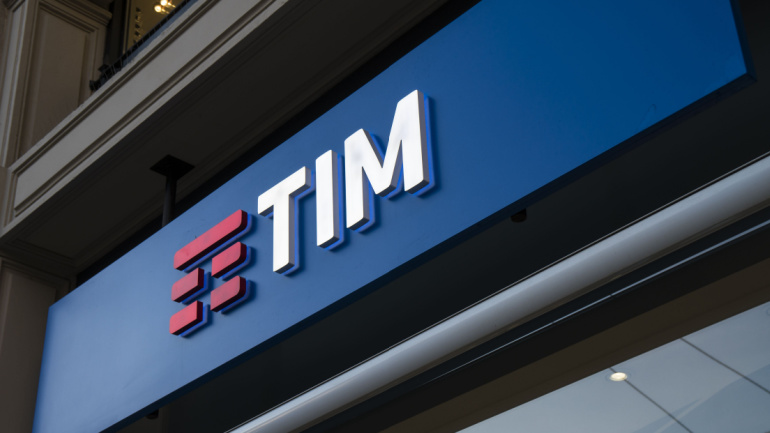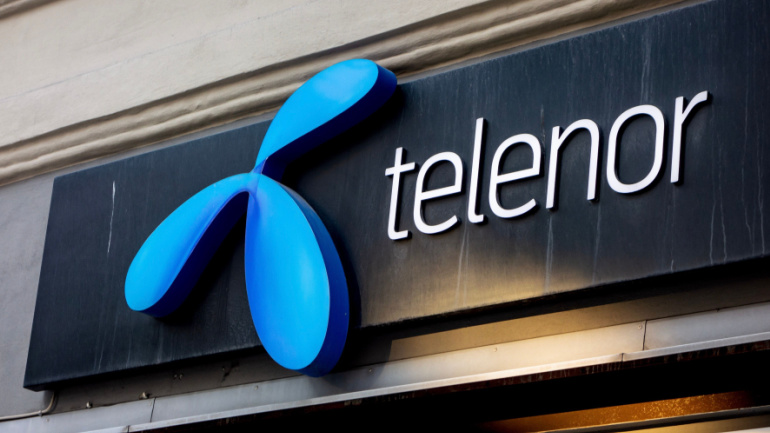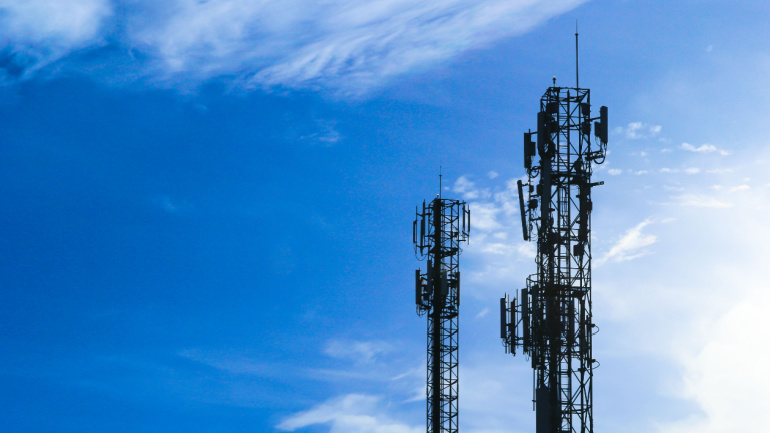TIM’s leadership has expressed dissatisfaction with the Italian government’s initial purchase proposal for its Sparkle subsea cable division, prompting CEO Pietro Labriola to seek improved terms. The decision follows a recent bid by the Ministry of Economy and Finance, which has been deemed inadequate by TIM’s board of directors. Amidst ongoing discussions about the board’s composition, the focus has swiftly shifted back to negotiations, underscoring the complex nature of the transaction involving Sparkle.
Telefonica, a leading international mobile operator, has made a strategic investment in Mitiga Solution, a pioneering firm dedicated to the management of climate-related risks. This move signifies a major step in combining advanced climate science with artificial intelligence to offer innovative solutions for assessing environmental risks.
In a significant development for global scientific collaboration, Aqua Comms has entered into a landmark agreement with the Energy Sciences Network (ESnet), granting a 15-year lease for a portion of its subsea cable spectrum that spans from New York to Dublin and London. This arrangement, covering 25% of a fiber pair, represents ESnet’s inaugural venture into Trans-Atlantic spectrum acquisition, underscoring its commitment to bolstering the data transmission capabilities essential for cutting-edge scientific research.
In a significant stride towards making its 5G network more robust for future technologies, Finland’s Elisa has successfully tested a new uplink carrier aggregation technology. This test, a collaboration with telecom giants Ericsson and Qualcomm, marks a leap in preparing for the demands of the metaverse and other advanced applications.
Diving into the digital frontier, the Sustainable and Interoperable Digital Identity (SIDI) Hub, an alliance of 17 open-standard organizations, is striving to create cross-border digital identities. Through harnessing insights from significant bodies such as the OECD and World Bank, they aim to establish a minimum set of interoperability requirements. However, recognizing the diverse perspectives globally, they also highlight the need for taking into account the unique social, cultural, and legal contexts of each nation.
In a significant development for Italy’s telecom landscape, WindTre has finalized an agreement to purchase OpNet, a renowned Italian Fixed Wireless Access (FWA) expert, for a deal worth €485 million. This acquisition not only enhances WindTre’s spectrum holdings but also integrates a pioneering 5G standalone network into its portfolio.
Telecom giant Telenor faces a considerable setback as the company braces itself for a $760.3 million blow from its investment in True Corp, spurred by a noticeable decline in share value in 2023. However, amidst this financial turbulence, Telenor maintains a positive outlook. The company affirms that this financial drawback is merely for book records and does not reflect changes in Telenor’s belief in the value of their True Corp asset.
In a recent analysis by ABI Research, the future looks bright for neutral host providers, with projections pointing to a significant revenue increase. By the year 2030, it’s estimated that neutral host connectivity will rake in revenues of around $1.3 billion. Although the current market size remains unspecified, this figure highlights the substantial growth potential for the sector.
In an exhilarating turn of events, telecommunications titan Ericsson collaborates with the renowned Indian Institute of Technology Kharagpur for pioneering research in AI, Compute, and Radio technology, with a spotlight on 6G development. This theoretical partnership is set to stir groundbreaking headway in fundamental and applied study in the Radio realm, significantly marking India as a technological innovation hub.
Forging a powerful alliance, Virgin Media O2 and Tesco affirm a ten-year extension of their two decade-long partnership, potentially marking a new era for Tesco Mobile, UK’s leading mobile virtual network operator. With over 5.5 million customers, and a recent 9.4% increase in sales generating £970 million in revenues, this joint venture shows no signs of slowing down.













